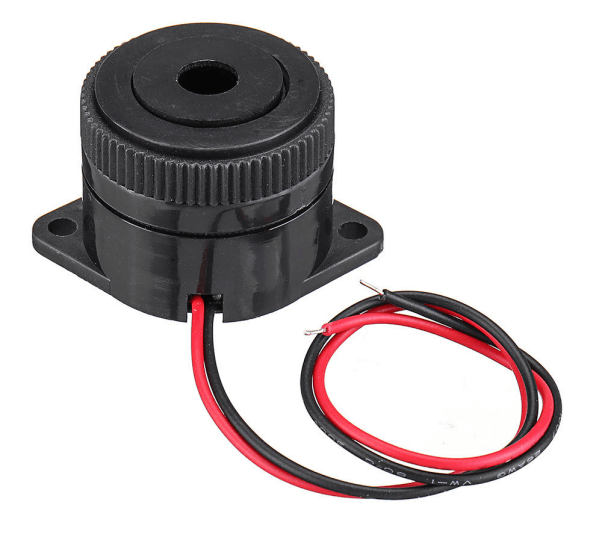Also known as a piezoelectric material, a piezo buzzer changes shape, particularly when exposed to various electric fields. A piezo buzzer material has an atom. The atom usually has a central nucleus made of multiple neutral charges, such as the positive charges. These charges are referred to as protons. The protons typically move around the nucleus. These contents can be used to create sound. These and more will be discussed in this blog post. Click on www.manorshi.com to learn more about applications of piezo buzzers.
As we may all know by now, opposite charges attract. Therefore, within the nucleus, electrons will be attracted to protons. On the same note, it is vital to comprehend that similar charges repel. For that reason, many electrons found in one given area will push one given particle out of the nucleus, leaving the electrons of the piezo buzzer in motion around the atom.

When it comes to the physical composition of the piezo buzzer, then we shall be looking at several atoms that are often brought closer to one another within the nucleus. These electrons are referred to as neighboring atoms.
The elements follow a specific path while taking into account constant motion, the dominant force of attraction towards protons, and the repulsion force to other neighboring electrons. For these electrons to function appropriately, there has to be a balancing rule between the atoms. These atoms will then form regular patterns.
Here is a presentation of various atoms in a structure.

The electric effect of a buzzer
Certain materials within the buzzer will always generate a significant yet measurable difference when subjected to various temperatures. In the same state, these unique materials will be made to expand as well as the shrink in a particular direction. In the process, the space found between the atoms will increase or decrease. The particles will hit and bend the electrons causing them to redistribute and then crystallize. The same process will end up contributing to the formation of some room for electrons to penetrate the crystal. Thereafter, the particles will be subjected to some physical force, which will create electromotive energy to charge around the circuit.
Analyzing The Inverse
Now that you have some knowledge of the electric components of a piezo buzzer, it is also essential to understand the inverse- by applying an electric field to the piezoelectric crystal, there will be a significant removal of electrons. In turn, the crystals will deform to generate a physical force.

The Movement Of Piezo Electric Speakers
The photoelectric effect of piezo buzzers can efficiently be utilized in the construction of speakers. Usually, these elements are invaluable alternatives to the traditional electric speakers found in constrained spaces. The devices are categorized into two major segments, known as piezo and ceramic speakers. You can apply an electric field to the piezoelectric material, which can often change its original size. Fundamentally, the material will shrink.
In Closing
Simply put, an electric piezo buzzer is an electronic device primarily used to produce tone as well as a sound. It has a simple design making it affordable. It also has various specifications making it a reliable device with unique sizes that have varying frequencies. These features play an instrumental role in producing different sounds.


